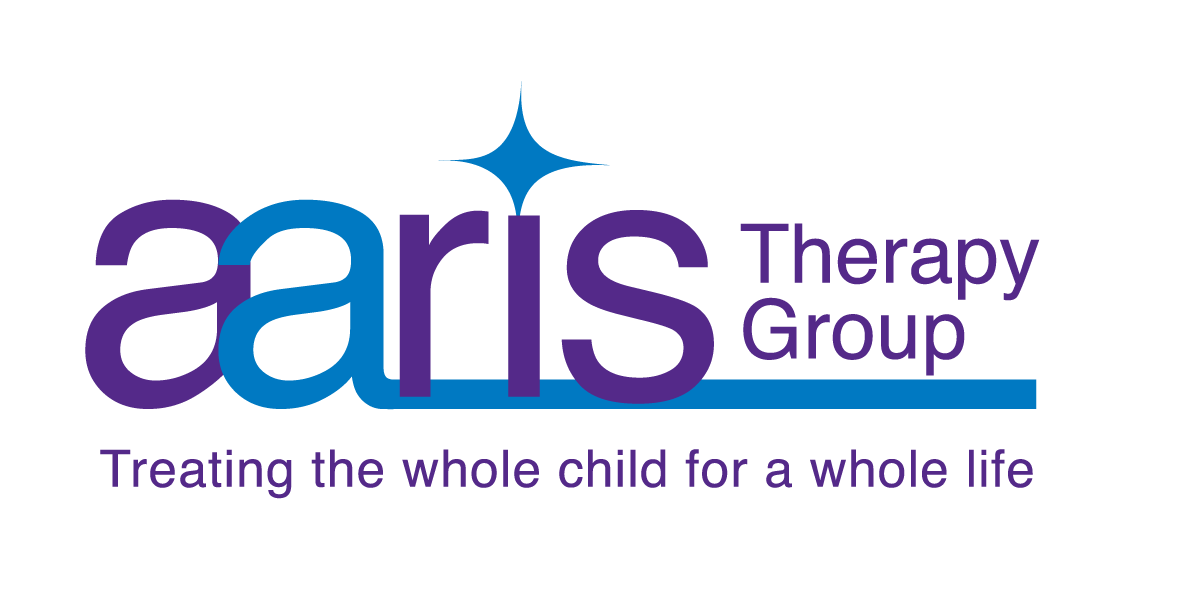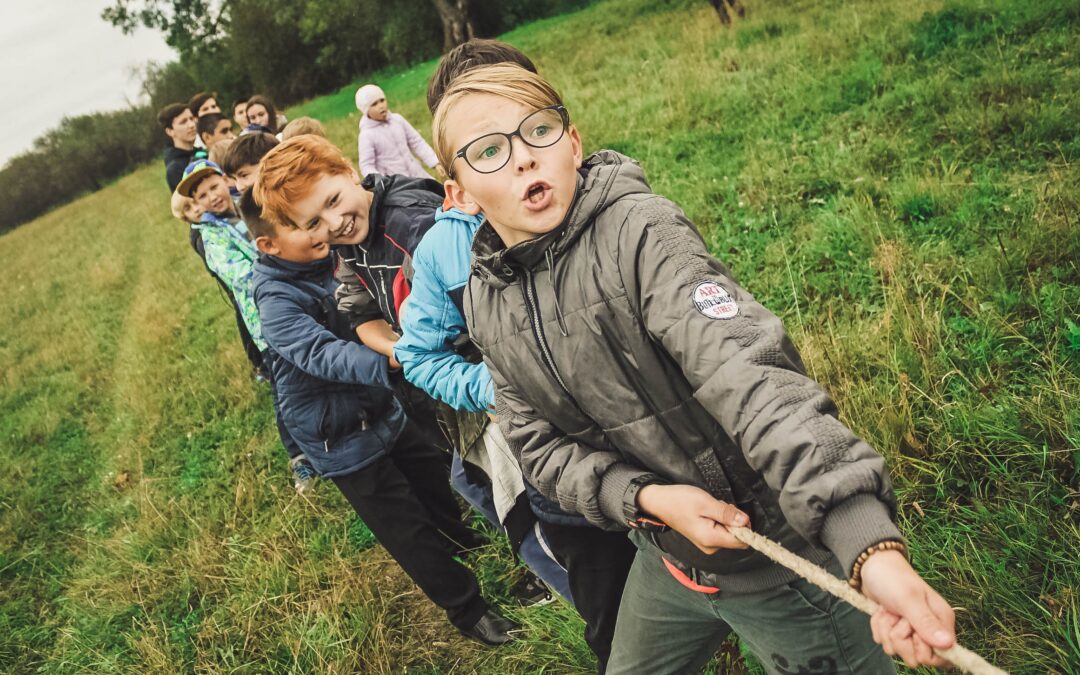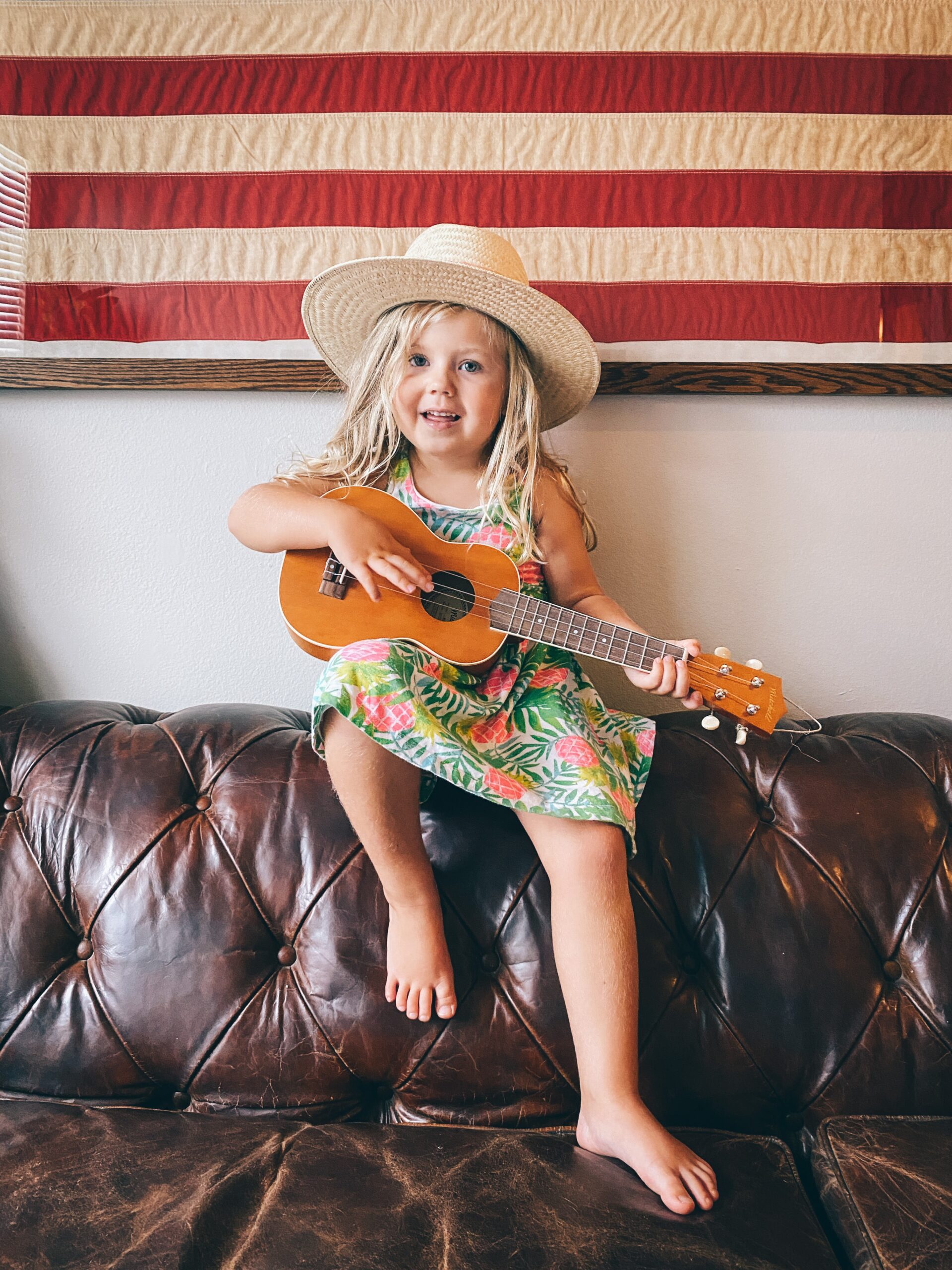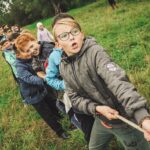Social skill groups are when 2 or more children work together in a group setting and the group is facilitated by a therapist who has studied and is able to guide the group on understanding and using social cognitive skills. “Social cognition is the way in which people process, remember, and use information in social contexts to explain and predict their own behavior and that of others. Children’s social cognition may be influenced by multiple factors, both external and internal to the child.” Frontiers in Psychology/ Developmental psychology
Children with ADHD and Autism are often in need of direct instruction regarding social cognition and social skills compared to typical peers who often learn these skills incidentally through trial and error and experience.
Below are just a few behaviors you may observe indicating that your child may benefit from social group.
SOCIAL SKILL CHECKLIST
- Would rather play/ interact with objects, toys, games than people
- Seldom asks to have peers come over or seldom gets asked to go places with peers
- Not highly in tune with what is happening around them from a social situational perspective. Socially aloof.
- Usually desires social interaction but struggles to relate to peers of their own age without facilitation.
- Seek out interactions with adults.
- Has an unusual tone of voice, possibly a loud voice.
- Weak at tracking what others are talking about and making related comments or asking questions.
- Weak at understanding their own and others’ emotions
- Show preservation in thoughts or interests- may have unusual interests compared to same aged peers. Given their intense interests, they may develop strong specific skills related to their areas of interest
- Use more literal or rigid interpretation of spoken and written language, which is likely to impact their ability to interpret reading of literature
- Difficulty with homework and written expression
- Peers consider the student awkward or odd
- Lack recognizing, interpreting facial cues and understanding non-verbal feedback given therefore lacking expected response in the given situation
- Attempt to work in groups but may miss the subtle cues of how to relate with peers when the teacher is not leader with mixed success
- more focused on surviving the moment – will focus on their own thoughts and express their own ideas versus thinking about how people are thinking about them or their behavior in that moment
- Often crave acceptance by others and peers but do not know what they are doing wrong or how to feel accepted.
If you have concerns about your child’s social cognitive skills and abilities, please call 330-505-1606 or you may email scheduling@aaristherapy.com with questions or to schedule a consultation.






